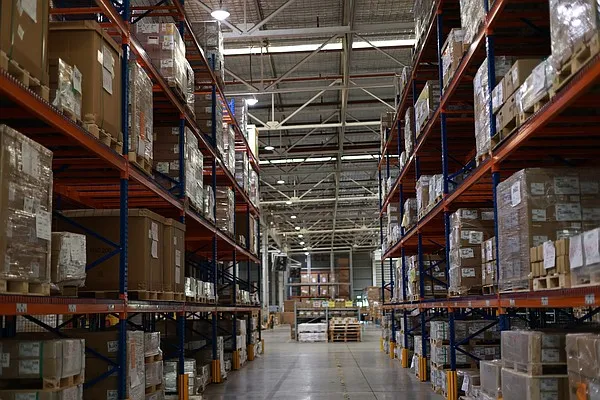Exploring Price Controls as a Response to Grocery Market Challenges

Understanding Price Controls
Price controls, specifically introduced by Vice President Harris, are policies aimed at regulating product pricing, particularly in grocery sectors. While they are designed to protect consumers from rising costs, the unintended consequences may lead to distortions in market dynamics.
Implications of Price Control Policies
- Potential for shortages as suppliers react to limited pricing options.
- The challenge of ensuring quality and supply consistency.
- Long-term impacts on investment in agricultural and food supply sectors.
Market Responses and Consumer Behavior
Consumers may experience short-term relief; however, this relief could come at the cost of long-term market health. The equilibrium of free market pricing allows for adjustments based on demand and supply. Price controls could disrupt this balance, leading to further complications.
This article was prepared using information from open sources in accordance with the principles of Ethical Policy. The editorial team is not responsible for absolute accuracy, as it relies on data from the sources referenced.